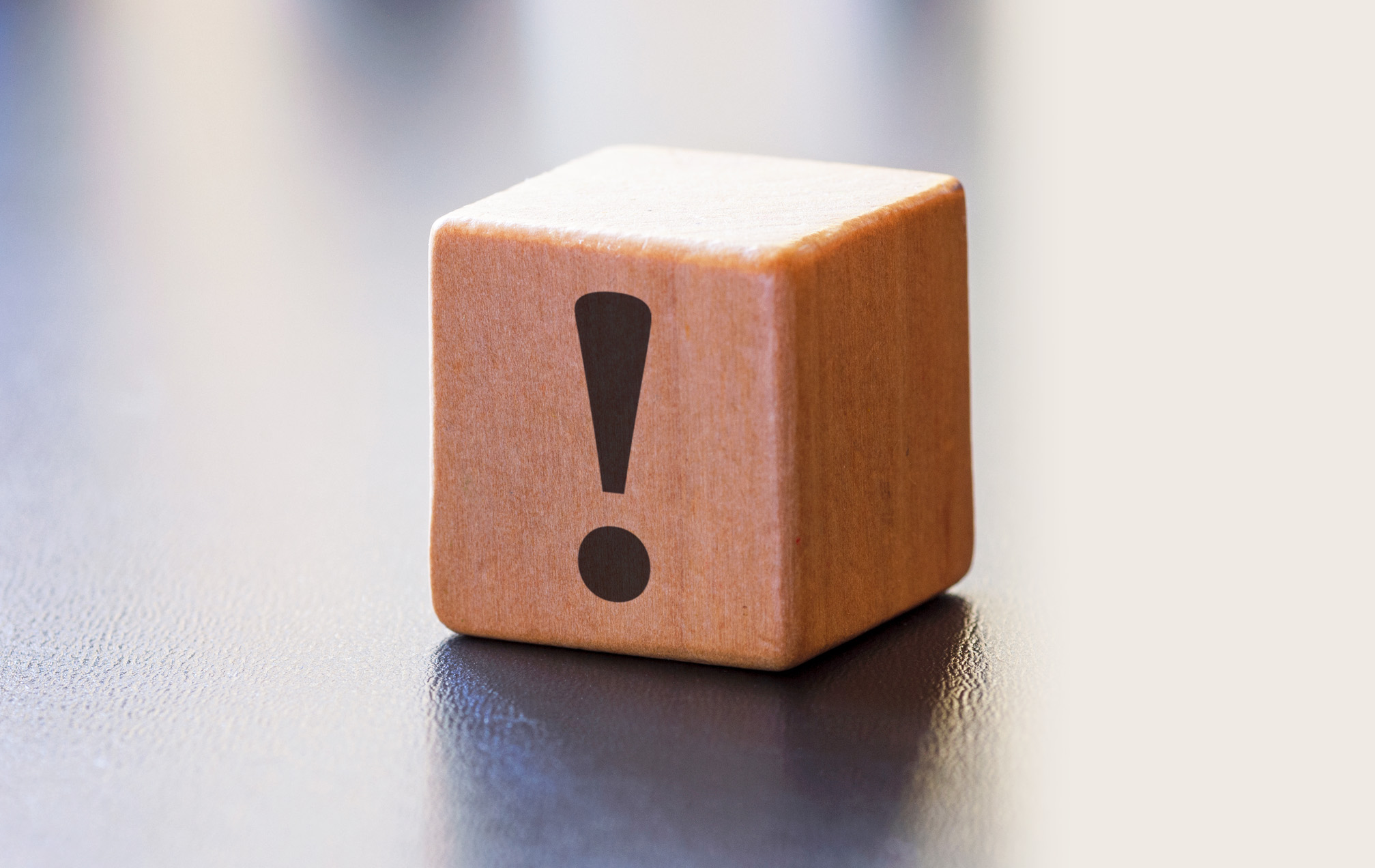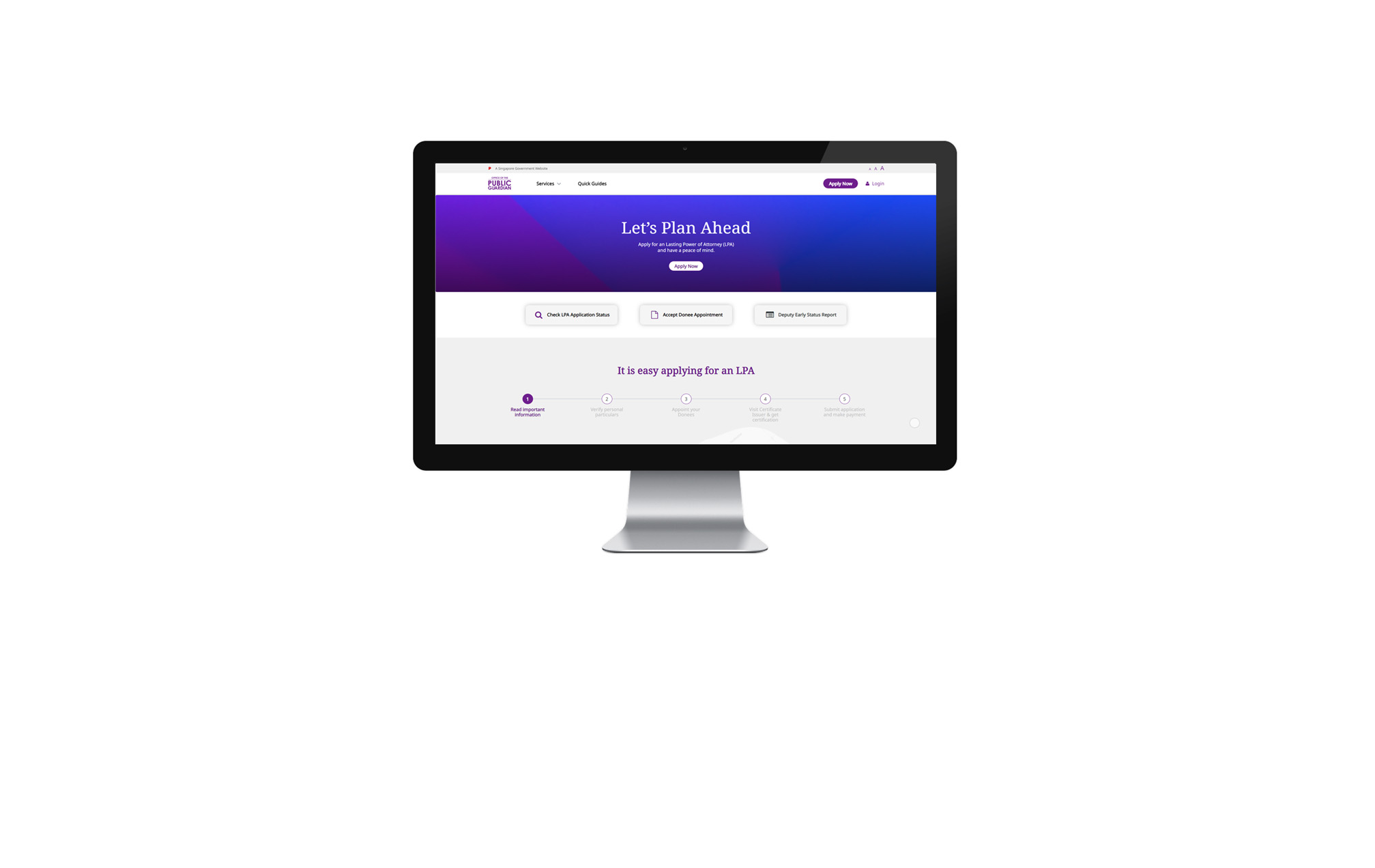Test header
Maintenance Notice
About the Office of the Public Guardian

The Office of the Public Guardian (OPG)
The Public Guardian carries out functions under section 31 of the Mental Capacity Act (MCA) to enable and protect persons who lack mental capacity.
The OPG is a Division of MSF. The Office supports the Public Guardian in carrying out his/her functions.

Lasting Power of Attorney (LPA)
An LPA is a legal document that allows a person who is at least 21 years of age (the Donor) to voluntarily appoint one or more persons (the Donee(s)) to make decisions for and act on behalf of the Donor in the event the Donor loses mental capacity.
How to Make a Lasting Power of Attorney

Step 1: Complete LPA Online Via OPG Online (OPGO)
Log in to OPGO via Singpass to fill up the online LPA application. Appoint trusted person(s) as your Donee(s) and decide on powers to be granted to them.

Step 2: Donee(s) Accept Appointment

Step 3: Get Your LPA Certified
Top Links
FAQs
The LPA Form 1 application fee is waived for Singapore Citizens until 31 March 2026. For other form and citizenship types, please refer to the LPA fees table. All applicants, regardless of citizenship, are required to pay a professional fee to engage an LPA Certificate Issuer to witness and certify their LPA.
The CI signs on the LPA Form as a witness for the Donor, to certify that the Donor understands the purpose of the LPA and the scope of authority granted to Donees.
The CI also ensures that there is no fraud or undue pressure used to induce the Donor to make the LPA.
More information on CIs can be found Click here to read morehere.
Processing the LPA application may take about 8 working days, followed by a mandatory 3-weeks waiting period, before an LPA can be registered.
For hardcopy LPAs, the processing time is 3 weeks on average, followed by the mandatory 3-weeks waiting period before the LPA is registered.
An LPA can only be used by the Donee to transact on the Donor’s behalf when the Donor has been certified by a medical practitioner to have lost mental capacity.
Donees should send the electronic copy of the Donor’s registered LPA to third parties via OPGO when transacting on the Donor’s behalf, as it is the most updated copy of the LPA.
The LPA and Will are two separate legal documents. An LPA allows a person (‘Donor’) to appoint one or more Donees to make decisions and act on his behalf if he is still alive but loses mental capacity to make decisions on his own. The LPA will be cancelled upon the death of the Donor.
A Will is to provide for the administration and distribution of what he owns (‘his estate’) among his beneficiaries after his death.
The Public Guardian does not provide legal advice, such as interpreting the sections of the Mental Capacity Act (MCA) and advising on the powers of the Donees. Members of public are advised to seek legal advice if required. Donees may also refer to the MCA Code of Practice.
Contact Us
MSF Consolidated Hotline
1800-111-2222
To reach the Office of the Public Guardian, say "OPG" when prompted by the virtual assistant.
You will be prompted to verify your identity for a more customised call experience. The authentication will be done via a push notification through your Singpass mobile application, or SMS One Time Password if you do not have the application. Please be assured that your information will be kept secured.
Airtime charges apply for mobile calls to 1800 service lines.




